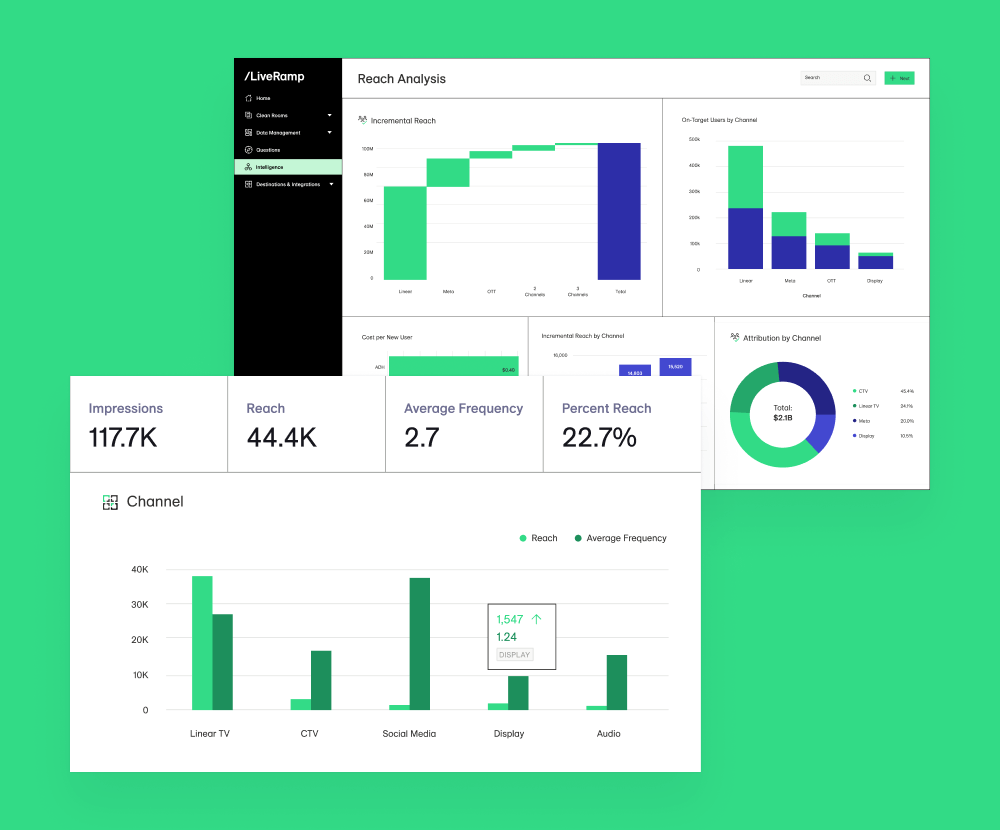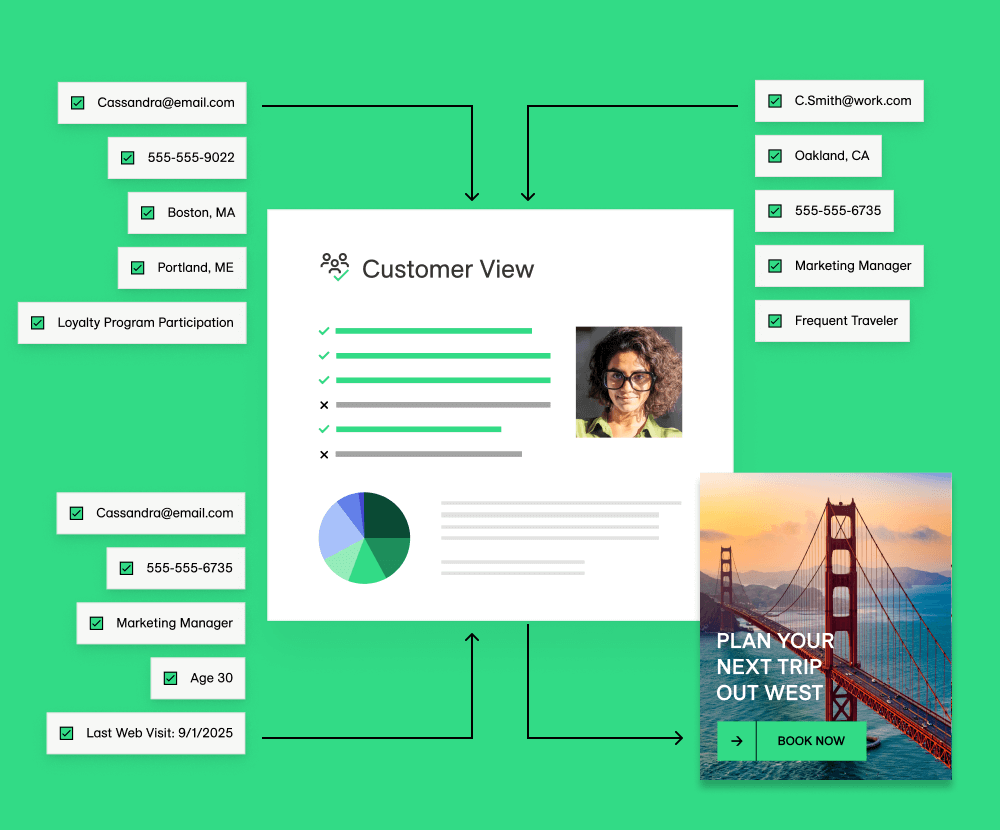Filters:
Clear AllFilter Label Tag
.jpg)
December 29, 2025
Building a Secure and Scalable Multi-Tenancy Model on GKE
Mahendra Sahu
Engineering & Technology
.png)
December 18, 2025
Audience Segmentation with AI: How It Works and Why It Matters
LiveRamp
No items found.

December 11, 2025
What is Audience Measurement? An Overview of Strategies
LiveRamp
Marketing Measurement
.jpg)
December 8, 2025
From Hackweek to High-Performance: How Real-Time Caching Cut Costs and Improved Speed
Akshat Shah
Engineering & Technology
.jpg)
December 4, 2025
Match-Ready Infrastructure: LiveRamp’s Winning Identity API for the FIFA Club World Cup
Varun Gujarathi & Martin Banson
Data Collaboration
Engineering & Technology

November 13, 2025
5 min read
Media Plans vs. Market Realities: Bridging the Auto Industry’s Most Expensive Gap
Sonam Katari
Clean Rooms
Data Collaboration
Identity
Marketing

November 3, 2025
3 min read
Accelerating the Future of AI with Standards and Governance
Travis Clinger
Artificial Intelligence
Consumer Data Privacy
Identity
Thank you! Your submission has been received!
Oops! Something went wrong while submitting the form.
Subscribe for Updates
Stay up to date with the latest from LiveRamp.





.jpg)
